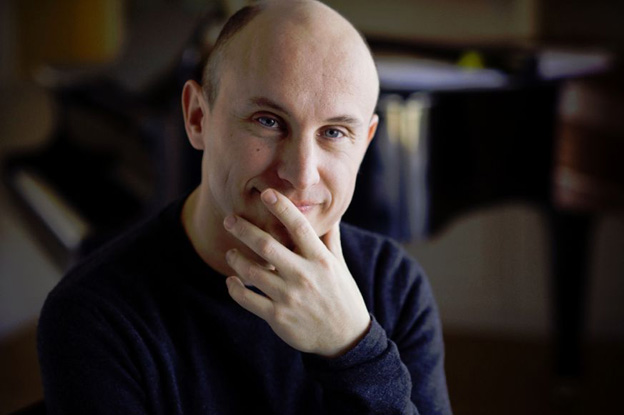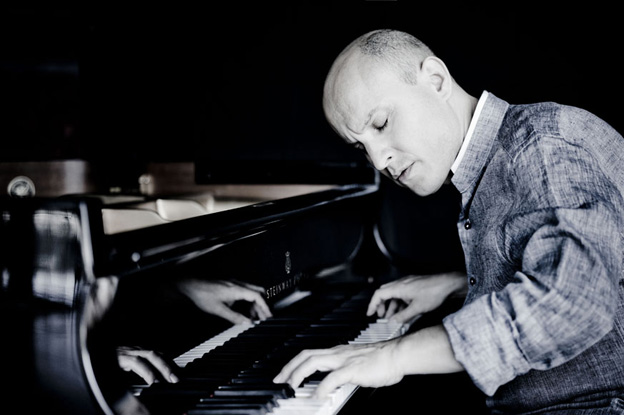Mister Goerner, some of the most famous Argentinian pianists, you included, live in Europe. Why?
I think this happens because we are simply too far, geographically, from the European music centres. It would be very unpractical to have to go back and forth all the time! This is sad, for ours is a hugely musical country, and we can be surely proud to have one of the most beautiful halls in the world, the Teatro Colon. Those artists who experience this hall for the first time always do so with amazement.
Are your Argentinian roots in any sense important when you play European music?
When it comes to music, I don’t think in terms of nationality. A musician is, by definition, a person from all countries, I would say… It would be like thinking that you have to be German to play Beethoven, or French to tackle Debussy. I don’t think it depends on that at all. Argentina has a great mixture of peoples from all over the world as well as its own indigenous people, all possessing a rich culture. This combination allows for an openness and empathy towards the different cultures.
In your recordings you often play unusual repertoire. In your concerts you play mainly the mainstream repertoire. Is it difficult to convince concert organisers to leave the well-known territory?
At times, it is difficult to programme composers or pieces out of the mainstream repertoire. We are often afraid that the public will not follow. I’m not speaking only of the organisers, but of us performers too! My excursions beyond the well-known repertoire have always been very rewarding. It is great to discover, to unveil an unjustly neglected work. And I intend to continue in this direction too, together with the mainstream repertoire, of course.
Are there composers you would strongly like to get in the current repertoire?
I would make a place, in the concerto repertoire, for those of Paderewski and Martucci that I just recorded. I strongly believe that these wonderful exponents of late Romanticism deserve to be much better known and appreciated…
Do you have some preferences when it comes to the really great composers?
When it comes to the great composers, my list of preferences is huge… Bach, Mozart, Beethoven, all the Romantic composers, Bartok, Janacek… Debussy, Ravel… fortunately, I do not have to choose! I only try to concentrate intensely on a few of them at a time, to avoid dispersion.
You have started performing and recording the later Beethoven sonatas. So, you took your time to do so….
Yes, I took my time for late Beethoven, as I had previously done for Debussy. I believe that an artist knows when the moment has come to play a particular piece. The moment in which, after all those years of deep study of a work, you have your own vision, something to say that really belongs to you and that you are eager to communicate. You question yourself throughout your whole life when it comes to great music, but I think that to take the chance – once you feel that moment to play a work has arrived – is essential for your further development. (The review of the Alpha recording with op. 106 and opus 126 is here)
Is there other music you were waiting for?
Many indeed. There are composers like Fauré, Mussorgsky, and many more. Bach, of course, is waiting on my list!
























